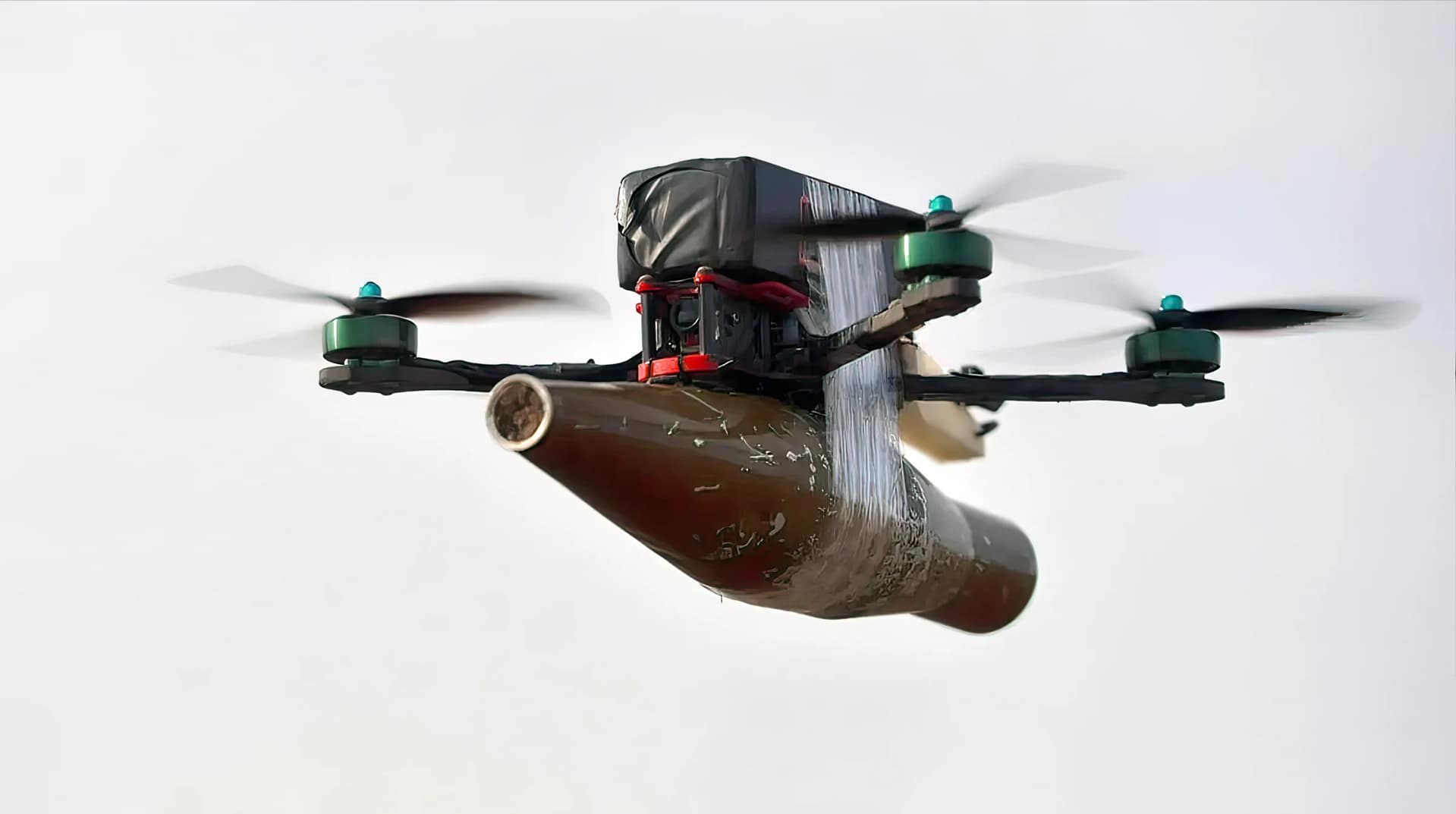Emerging Hope in Nigeria’s Security Landscape
Nigeria is currently grappling with a severe security crisis, characterized by terrorism, banditry, kidnapping, and communal violence. However, amidst the challenges, there are emerging signs of hope as homegrown security innovations begin to make their mark. These indigenous initiatives are not only lifting the spirits of millions but also providing a sense of balance to the lives of vulnerable and displaced communities across the country.
A significant milestone in this development was the collaboration between the Nigerian Military and Briech Unmanned Aerial Systems (UAS), which resulted in the creation of the first and largest indigenous attack drones and bomb systems in Nigeria and Africa. This groundbreaking technology was unveiled at the company’s Abuja headquarters and has been recognized as a potential game-changer in the fight against insurgency and organized crime.
Mr. Bright Echefu, Chairman of EIB Group and founder of Briech UAS, highlighted the necessity of this innovation. He pointed out that extremist groups like Boko Haram and ISWAP have increasingly used commercial drones for espionage, coordination of ambushes, and aerial attacks. Echefu emphasized that Nigeria cannot afford to rely on outdated tools anymore and that investing in indigenous defense manufacturing could position the country as a key player in defense and security issues across many countries.
The European Union Agency for Asylum (EUAA) has described Nigeria’s security situation as complex and deteriorating, citing armed banditry and widespread kidnappings as major contributors to instability. Data from 2023 shows that over 75% of conflict-related deaths occurred in the northern region. Attacks by Islamist groups, counter-insurgency operations, separatist tensions, and herder-farmer clashes continue to drive displacement and humanitarian distress. In particular, the North-East has seen entire communities flee for safety as armed groups impose levies and destroy essential infrastructure.
According to EUAA figures, more than 21,000 Nigerians applied for asylum in the EU+ between January 2023 and March 2024, highlighting a troubling trend of migration driven by insecurity.
Security experts believe that Briech UAS’s new technology can significantly enhance Nigeria’s ability to detect, deter, and respond to security threats in real-time. The drones offer advanced surveillance and thermal imaging for wide-area monitoring, real-time intelligence gathering to support on-ground tactical operations, rapid response capabilities to intercept or neutralize threats before escalation, and cost-effective, scalable solutions for ongoing border and community surveillance.
Beyond combat, these drones have potential applications in disaster response, infrastructure inspection, and search-and-rescue efforts. As traditional security methods struggle to match the speed and complexity of modern threats, indigenous technological solutions like Briech’s are becoming increasingly vital.
The partnership with the Nigerian Army reflects a broader strategic shift—one that embraces innovation, local expertise, and adaptive warfare tactics to restore safety and rebuild public confidence. As Briech UAS positions Nigeria at the forefront of drone-powered security innovation in Africa, citizens and stakeholders alike are watching with cautious optimism, hoping for a dim light at the end of the tunnel.
Gen. Christopher Musa, Chief of Defence Staff, described the initiative as a significant step toward self-reliance in defense technology and national security enhancement. He emphasized the importance of producing local military solutions, especially in the face of global politics and procurement challenges. Countries that do not produce such solutions often face bureaucratic bottlenecks and diplomatic hurdles when acquiring critical platforms.
Governor Caleb Mutfwang of Plateau highlighted the impact of homegrown solutions on the country’s security needs. He stressed the importance of protecting national sovereignty and safeguarding the country from activities of non-state actors. Plateau is actively working with local manufacturers like Briech UAS, with drones already deployed in the state, improving the effectiveness of security operations.
Echefu, during a media tour of the firm’s security facilities, emphasized that through innovation and advanced technology, Nigeria could handle its security challenges. The company provides intelligence support for Nigeria’s security agencies through digital forensics, tracking, and critical assets, as well as supply of combat and surveillance drones. The Arginin Reconnaissance Drones configured for high-performance reconnaissance and surveillance missions are among the products offered.
These systems are crucial in combating insurgent groups, adopting different drones for reconnaissance and attack missions. The primary purpose was to demonstrate the capabilities of the security apparatus deployed to fight insurgency, with the potential to enhance counter-insurgency operations and mitigate threats posed by insurgent groups.
Security analysts suggest that more states should embrace drones for comprehensive surveillance, especially for hard-to-reach areas. They believe that collaboration between the Nigerian Military and Briech will boost cross-border counter-terrorism operations and strengthen internal control over weapons systems and logistics.
With the right support and increased investment, indigenous companies have the capacity to provide the needed logistics support to the military in the fight against insecurity. Echefu acknowledged the support from the government to indigenous security firms and called for more policies to foster Nigerian companies’ growth, especially those in the defense and security sector. He noted that Nigeria has 100% capacity to address the urgency with the number of local companies investing heavily.

